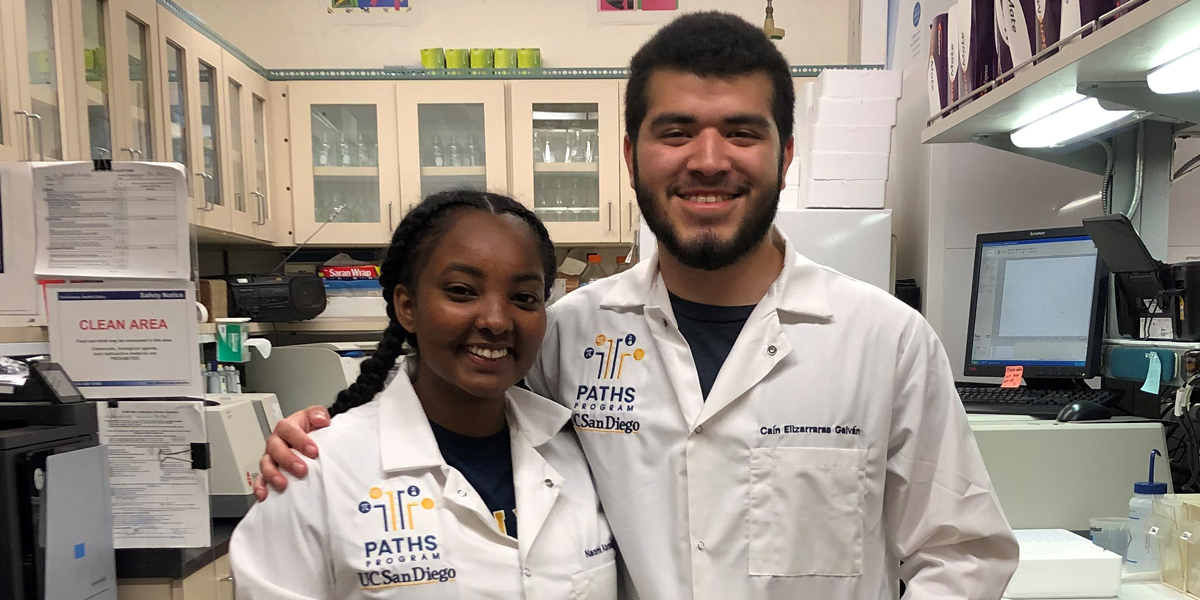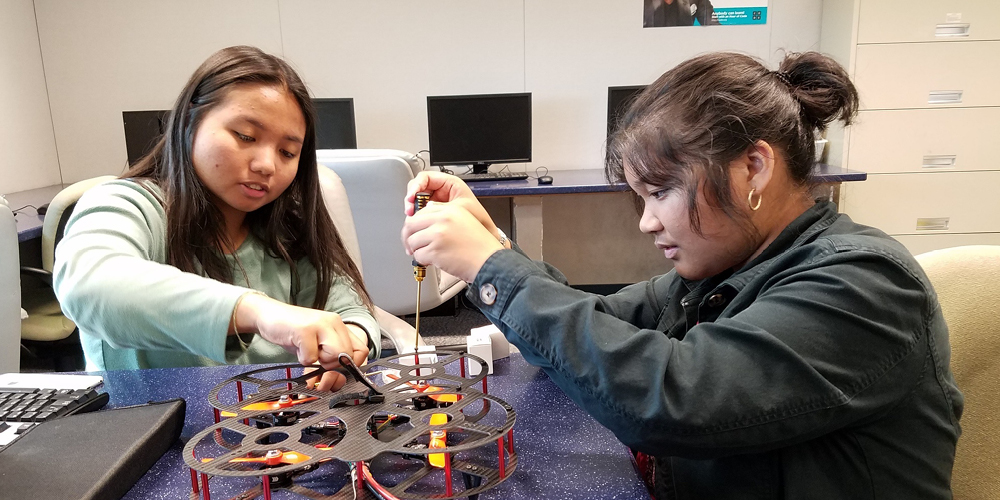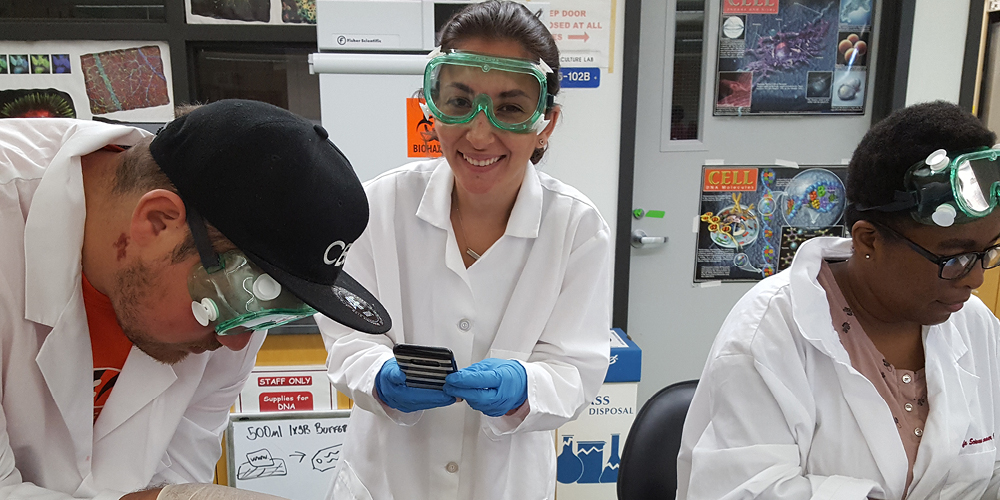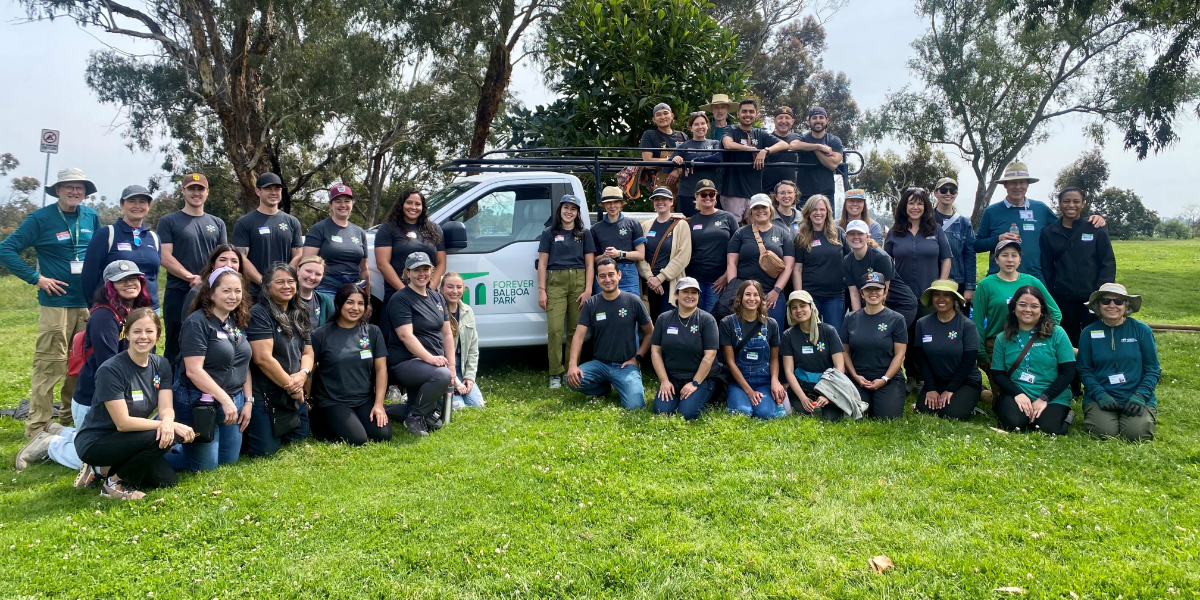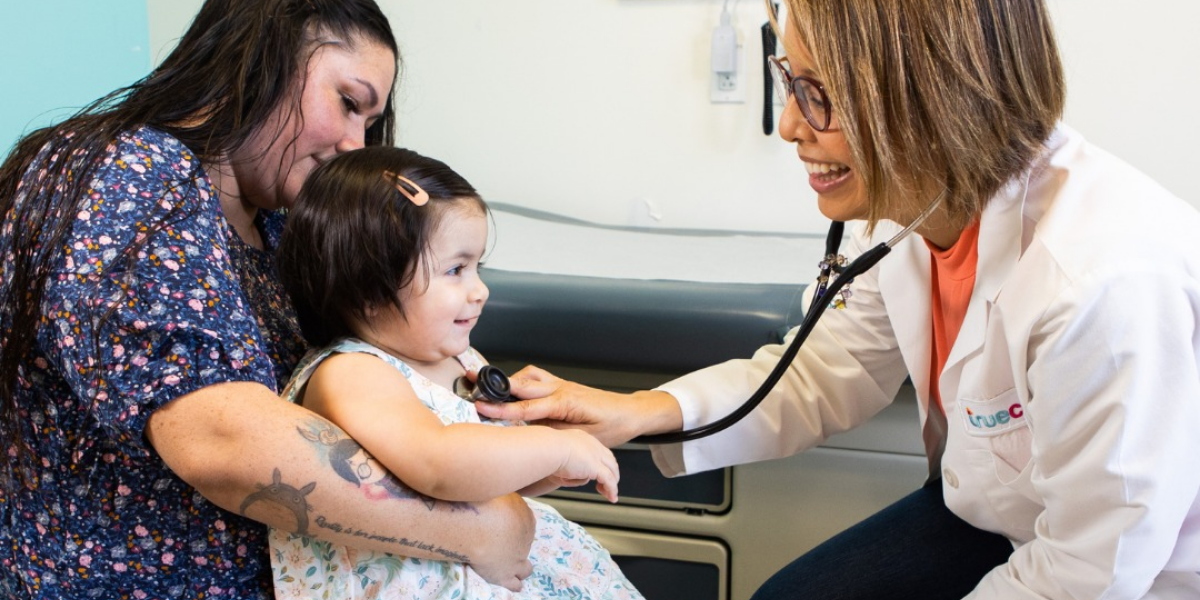San Diego is home to several high-profile higher education institutions, including two that are among the most popular in the country. According to recent research, University of California San Diego received more than 140,000 applications for first-time freshmen and transfer students for fall 2021, while San Diego State University received more than 99,000 applications.
From its beautiful climate to the innovation economy, the San Diego region is attractive to prospective college students for a variety of reasons. Unfortunately, those same factors don’t correllate to college grads joining our regional workforce at a high level.
According to recent research from the National Bureau of Economic Research, for every 100 college students produced by San Diego colleges and universities, only 99 college-educated workers are gained locally. This compares to Los Angeles and San Francisco, which gain 120 and 150 college-educated workers, respectively, for every 100 students its higher education institutions produce.
The institutions with the highest number of students that stay local after graduation include San Diego’s community colleges, which often enroll students who live nearby and transfer to local universities.
Workforce Implications
As the San Diego Regional Economic Development Corporation (EDC) and the Brookings Institution outlined in “Future of Growth in San Diego: The Economic Case for Inclusion,” San Diego has become an innovation powerhouse, thanks to the local biotech and technology sectors represented by employers like Hologic and Qualcomm.
According to the report, “The growth of San Diego’s innovation economy has made the region better educated and more prosperous than most other metros.
“San Diego depends on a highly educated workforce. However, talent shortages are likely to grow as demand for new skills accelerates and demographic gaps in educational attainment persist. The lack of quality jobs and a high cost of living further impact talent attraction and retention. For the region to remain competitive, an inclusive economic development strategy is needed.”
Despite the great potential for talent development at local universities and colleges, the San Diego region needs more highly skilled workers to maintain its competitive edge against other cities like Los Angeles and San Francisco.
“Demand for engineering talent continues to multiply, and with many factors of the current talent market being uncertain, having a pipeline of local talent provides stability that allows us to keep innovating,” said Courtney Lach, Senior Manager of Talent Acquisition at Qualcomm.
Building a Competitive Advantage
While many partners throughout the region are working to improve the local talent pipeline, San Diego Foundation has several programs addressing this critical issue.
The Science & Technology Program seeks to help build the talent pipeline from existing students in San Diego County. Working with local universities, colleges, nonprofits and employers, the Science & Technology Program seeks to expose more high school and college students to careers in science, technology, engineering and mathematics (STEM), with a focus on equity and inclusion of women and Black, Indigenous and People of Color (BIPOC). Program supports include case management, academic coaching, mentorship, stipend-supported internships and research fellowships.
Thanks to the program, hundreds of San Diegans from communities traditionally underrepresented in STEM disciplines have had the support needed to succeed.
Additionally, several SDF Education Initiatives support college students, including the Community Scholarships Program – the largest scholarship program in the county outside of the higher education system. In 2021, the program awarded a record-breaking $3.4 million in scholarships. SDF and donors have awarded nearly $40 million in scholarships to more than 10,000 college students since 1997.
Nearly all scholarships go to local students, many of whom attend local institutions. By providing financial support to San Diegans, college is more affordable, allowing students to focus on their studies and to stay in or return to San Diego’s workforce.
A related program, the Community Scholars Initiative has helped San Diegans prepare for, pay for and persist through college by providing financial support and critical wraparound services that bolster academic achievement. The initiative focuses on supporting low-income, first-generation college students throughout San Diego County, in partnership with college access and success programs with six community-based partners.
“As a first-generation college student, the college process is very daunting,” said Karla Gonzalez, a 2021 graduate of University City High School and a Community Scholars program participant. “I have received a lot of support from programs such as [Urban League of San Diego County’s] Project Ready, both with their mentoring and their financial help.”
Lastly, SDF funded Basic Needs grants for several nonprofit organizations that support college students through food and housing assistance, technology resources and internet access, and mental and behavioral health care. This support will help students persist through college and obtain their degrees.
“Due to the lingering impact of the pandemic, local college students need our help more than ever,” said Mark Stuart, President and CEO of San Diego Foundation. “When we invest in college students, we’re investing in their personal and professional growth, while supporting a strong regional workforce where we all have the opportunity to succeed.”
Learn more about how San Diego Foundation is fostering equity of opportunity and building resilient communities through its Workforce Development and Education initiatives.
